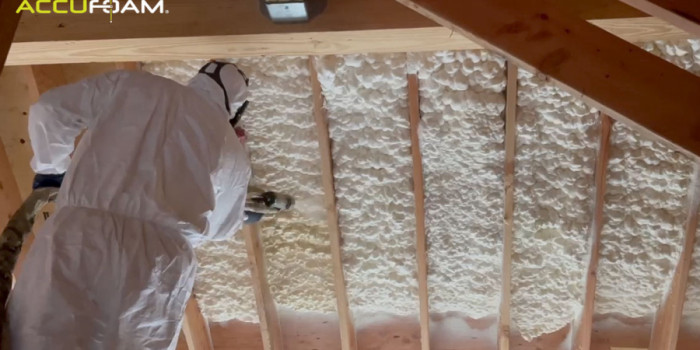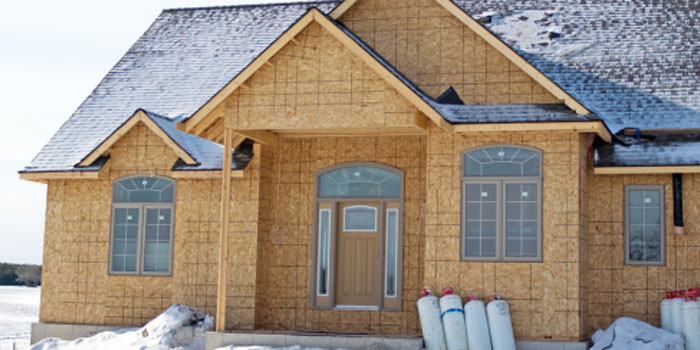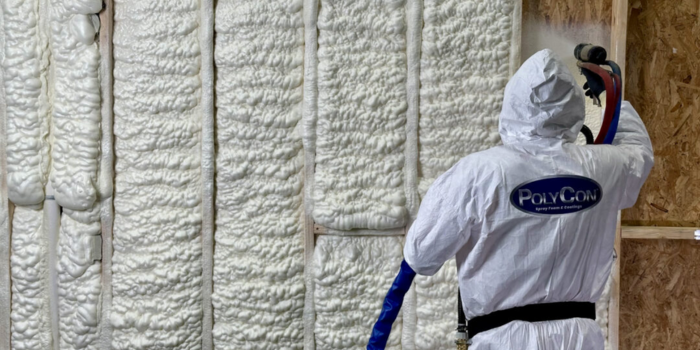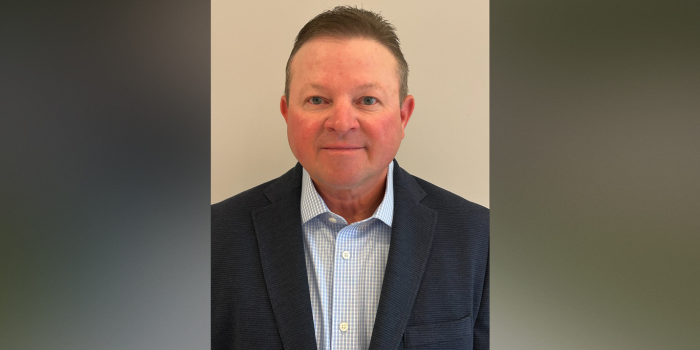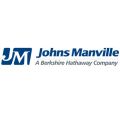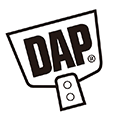Smith College


Spray Foam Magazine – Show Issue 2025 – Smith College, a renowned liberal arts college for women in Northampton, Massachusetts, is embarking on an ambitious journey to achieve net-zero greenhouse gas emissions by 2030. Central to this bold initiative is a groundbreaking Geothermal Energy Project, coupled with strategic building renovations that include the use of Enverge® OnePass™ Closed Cell Spray Foam insulation. This multifaceted approach exemplifies Smith College’s commitment to sustainability and serves as a model for other institutions seeking to reduce their environmental impact.
A Geothermal Leap forward
Smith College’s Geothermal Energy Efficiency Project is a monumental undertaking, representing the largest capital project in the institution’s history. The project involves replacing its aging, fossil fuel-powered steam heating system with a state-of-the-art, electrically powered geothermal system. This innovative technology harnesses the stable temperature of the earth to provide heating and cooling for the campus, significantly reducing reliance on fossil fuel-powered energy.
By tapping into the earth’s natural heat, Smith College aims to reduce its carbon emissions by an impressive 80%. This ambitious goal aligns with the college’s mission to create a sustainable future and positions them as a leader in geothermal energy adoption among higher education institutions.
Enhancing Geothermal with Enverge OnePass
While geothermal energy provides a powerful foundation for sustainability, Smith College recognizes that optimizing building performance is essential to maximize the benefits of this renewable energy source. That’s where Enverge’s OnePass closed-cell spray foam insulation, installed by Cozy Home Performance, LLC, and its high thermal performance and air sealing capabilities come in.
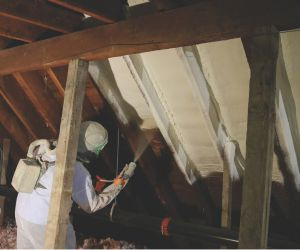
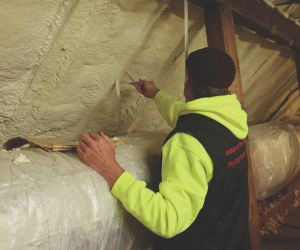
Mark Lantz, owner of Cozy Home Performance, oversees the application of 6.5” of Enverge OnePass to the attic gabled roof decks.
Cozy Home Performance: ExperT Installation
The effectiveness of any insulation depends heavily on proper installation. Smith College partnered with Cozy Home Performance, LLC, a trusted and experienced contractor in neighboring Easthampton, for their professional installation of Enverge OnePass. Cozy Home’s expertise guarantees that the spray foam is installed precisely for optimal long term performance that maximizes its energy-saving and building performance benefits.
In total, six dormitories are being retrofitted with a total of 65 sets of Enverge OnePass closed cell spray foam insulation. Mark Lantz, owner of Cozy Home Performance, is personally overseeing the project and the application of 6.5” of OnePass to the attic gabled roof decks, which are constructed from 125 year old masonry brick and wood timbers, along with a fire suppression system. Previously, the attic dorms were marginally insulated with a thin layer of blown cellulose on the attic floor with significant air leakage. “With building science knowledge and modern spray foam technology, we are fundamentally advancing the existing insulation levels and overhauling the thermal boundary performance of the buildings by adding closed cell spray foam insulation to the attic roof decks. Enverge OnePass not only makes these dormitories much more efficient year-round but also directly allows for greater allocation of clean energy to other buildings on campus. It is an investment with multiple factors of value for the long term,” said Mark.
Why OnePass?
OnePass offers several key advantages that align perfectly with Smith’s sustainability goals:
- Superior Insulation: Spray foam insulation not only provides strong and lasting thermal performance, but it also creates an airtight seal that significantly reduces energy transfer. This creates a more stable and comfortable indoor temperature while also maximizing the efficiency of the geothermal heating and cooling system.
- Moisture Control: Spray foam’s air-sealing properties also help to prevent moisture intrusion, reducing the risk of mold, mildew, and structural damage. This is particularly important in New England’s climate, which experiences significant temperature swings and humidity.
- Improved Indoor Air Quality: By preventing air leaks, spray foam insulation improves indoor air quality by reducing the infiltration of pollutants and allergens.

250’ of hose was needed to apply Enverge OnePass to the dormitory attic.
A Holistic Approach to Sustainability
Smith College’s commitment to sustainability extends beyond their Geothermal Energy Efficiency Project and spray foam insulation. The college has implemented a comprehensive plan that includes:
- Renewable Energy: Investing in solar and wind power to supplement geothermal energy.
- Energy Efficiency: Implementing energy-saving measures in campus buildings, such as LED lighting and high-efficiency appliances.
- Sustainable Transportation: Promoting alternative transportation options, like biking and public transit, and investing in electric vehicle charging stations.
- Waste Reduction: Implementing composting and recycling programs to minimize waste sent to landfills.
- Education and Engagement: Integrating sustainability into the curriculum and engaging students, faculty, and staff in sustainability initiatives.
A Model for the Future
Smith College’s ambitious pursuit of net-zero emissions serves as an inspiration and a model for other institutions. By combining innovative technologies like geothermal energy with Enverge OnePass spray foam insulation, Smith College is demonstrating that a sustainable future is within reach. Their holistic approach to sustainability, encompassing energy efficiency, renewable energy, and community engagement, sets a high standard for colleges and universities across the nation.
Smith College’s commitment to environmental stewardship is not only reducing their carbon footprint but also creating a healthier and more sustainable learning environment for generations to come. Their efforts are a testament to the power of innovation, collaboration, and a shared commitment to a better future.
Spray Foam Magazine does not take editorial positions on particular issues; individual contributions to the magazine express the opinions of discrete authors unless explicitly labeled or otherwise stated. The inclusion of a particular piece in the magazine does not mean that individual staff members or editors concur with the editorial positions represented therein.
Disqus website name not provided.





